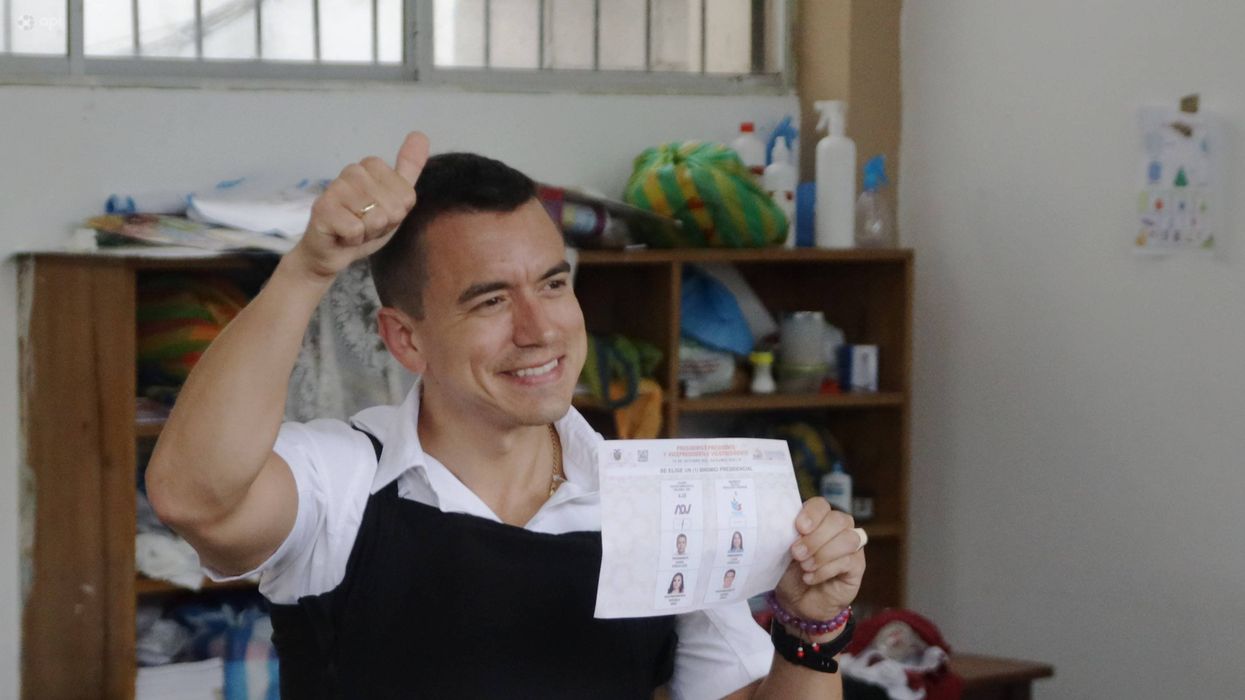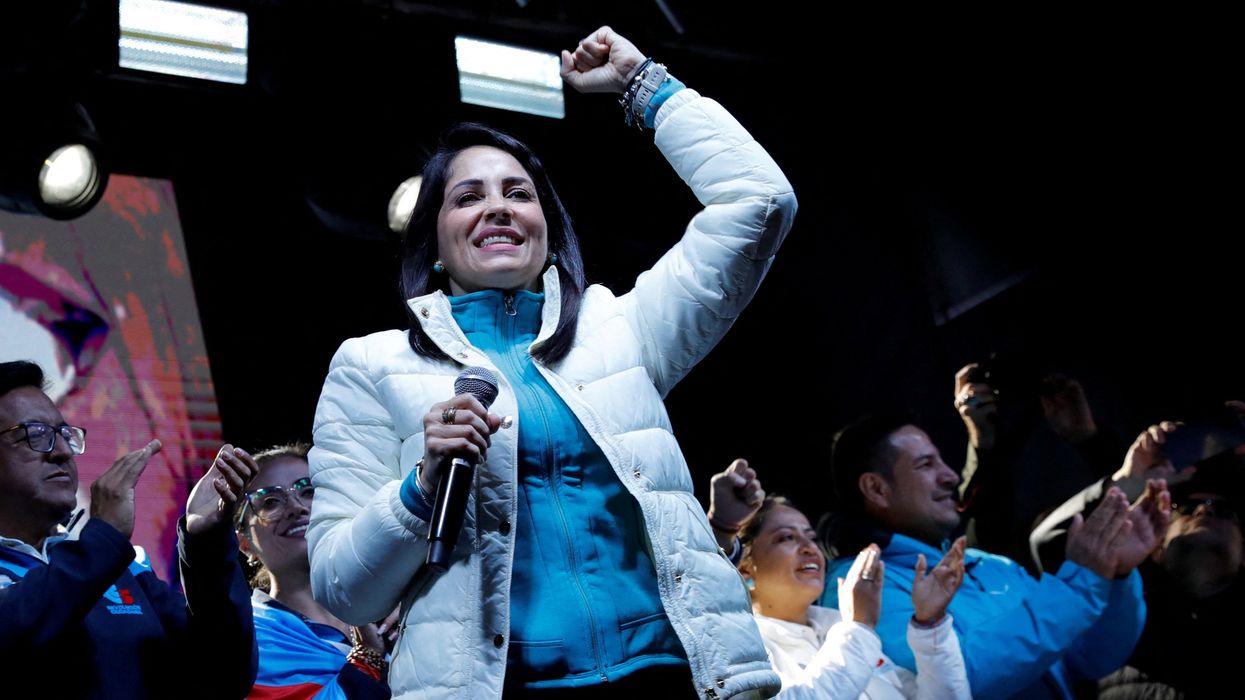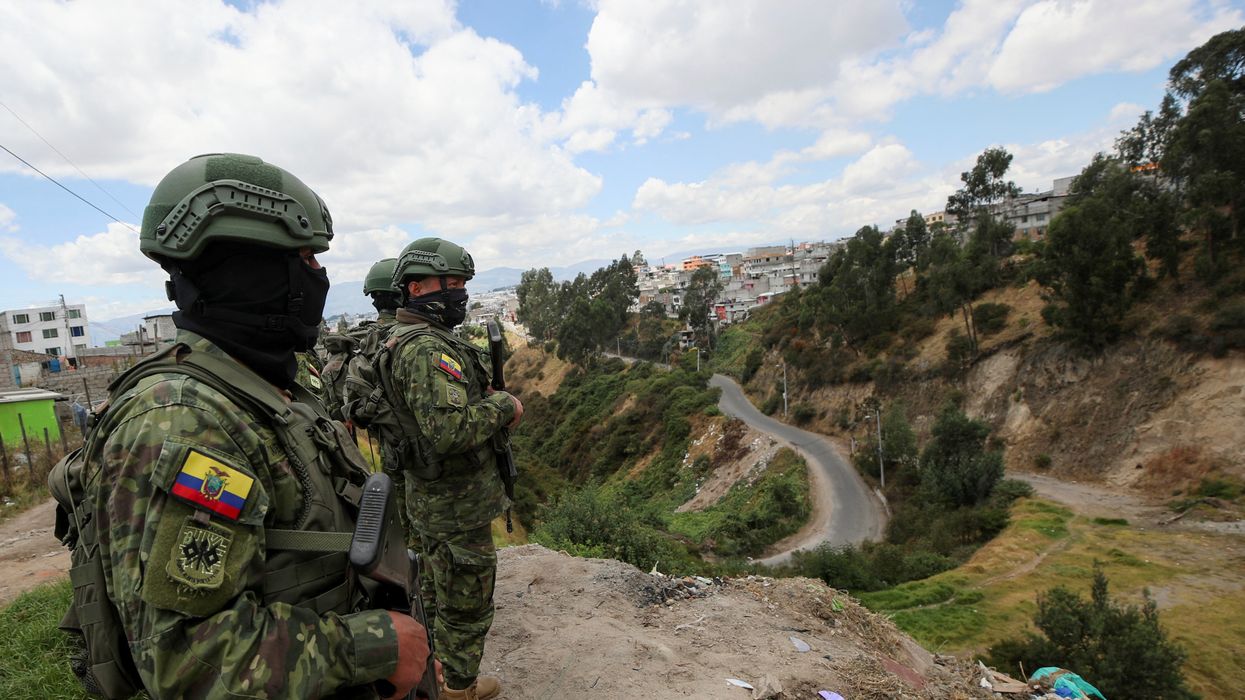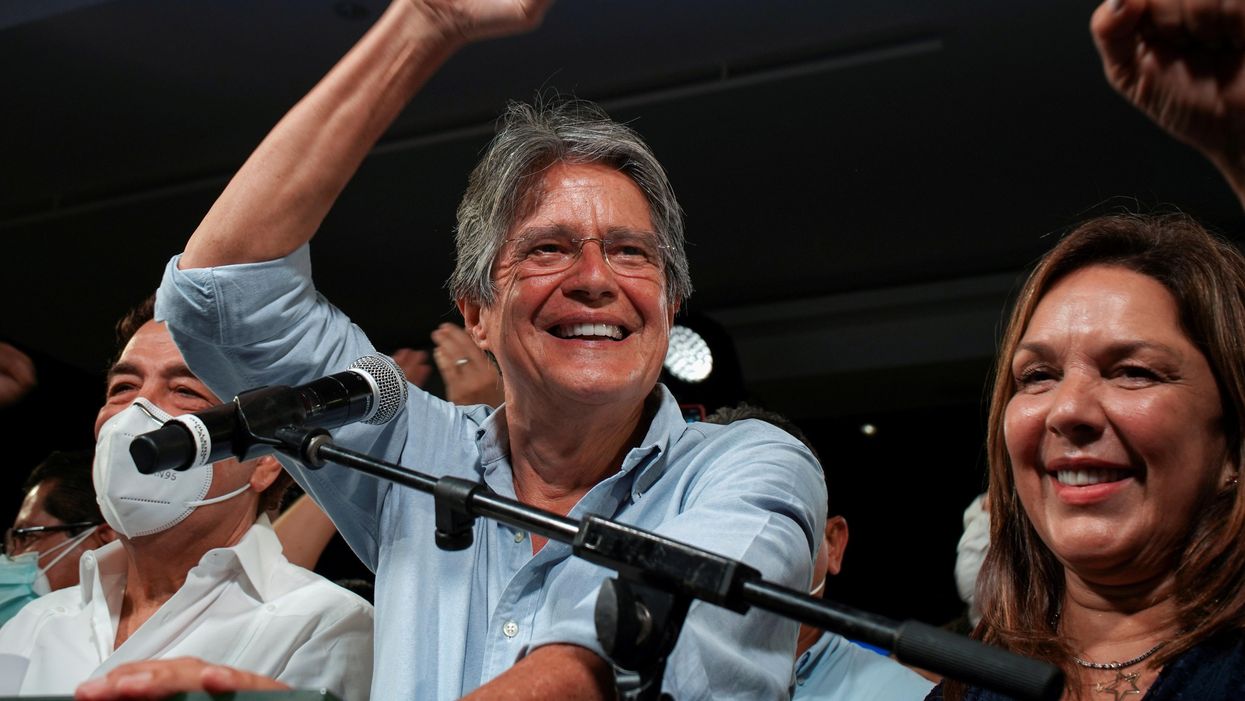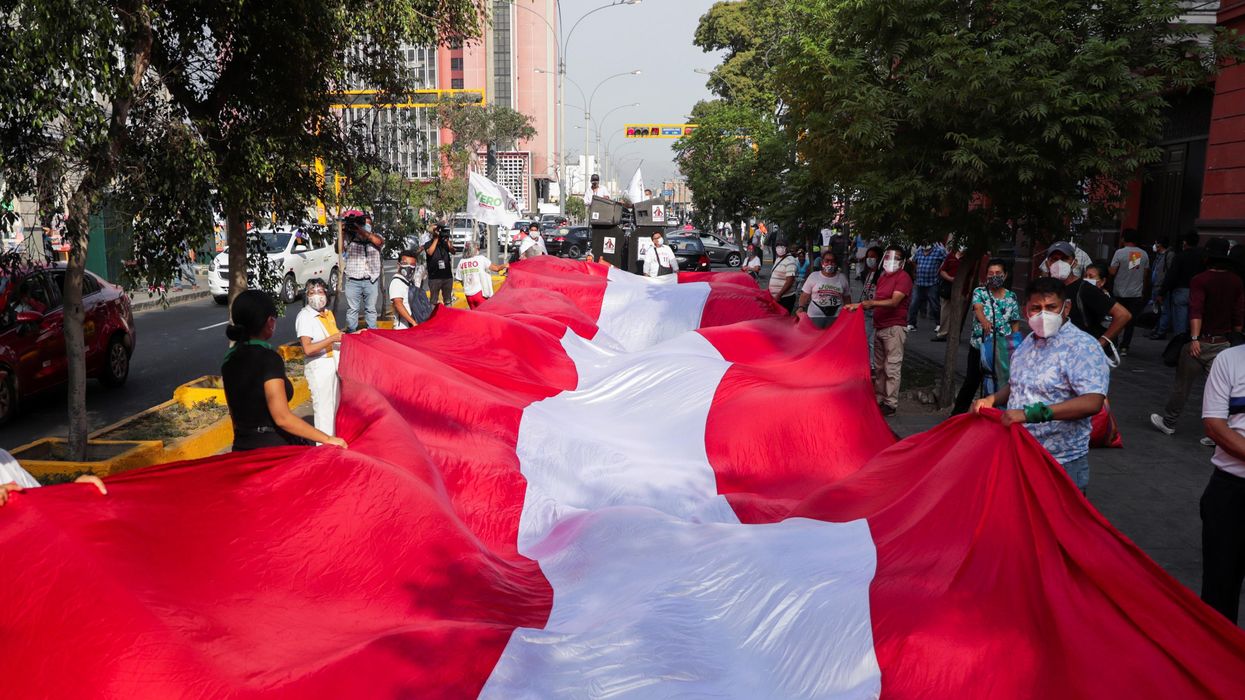What We're Watching
Noboa wins, but Correa remains at heart of Ecuador’s political crisis
On Sunday, Ecuadorians elected their youngest-ever president, businessman Daniel Noboa, amid deep political rifts that exacerbate a growing security crisis in the small Andean nation.
Oct 16, 2023
